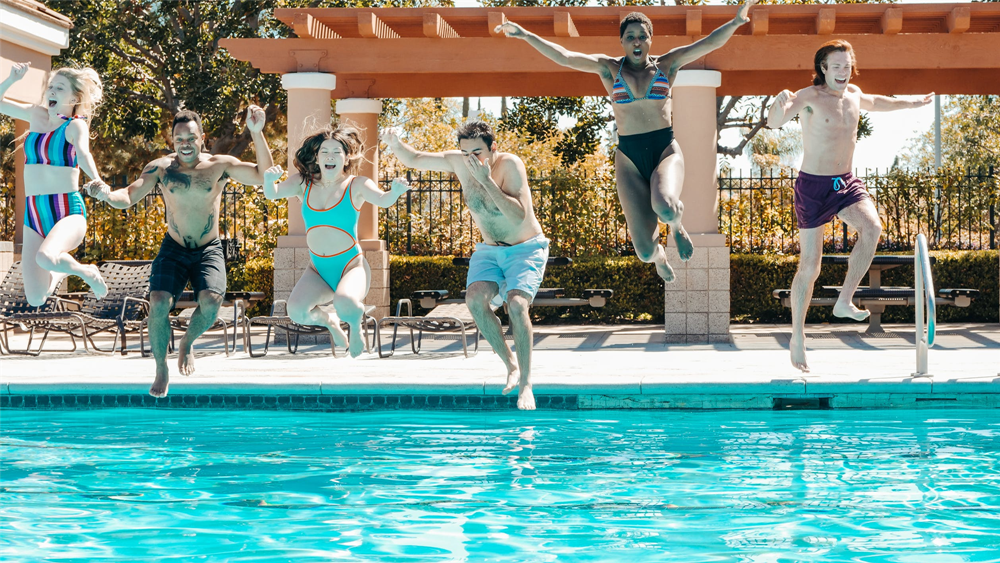2.Why add chlorine to the swimming pool?
The purpose of adding chlorine to the water is to kill microorganisms. When chlorine is added to the swimming pool, a weak acid called hypochlorous acid is formed, which can kill bacteria such as Salmonella and Escherichia coli, as well as microorganisms that cause viral diseases such as diarrhea and swimming otitis.
3.How is swimming pool water chlorinated?
The swimming pool uses various chlorine-based compounds (including chlorine, sodium hypochlorite (liquid bleach), calcium hypochlorite, lithium hypochlorite, and chlorinated isocyanurate) for disinfection. When any of these compounds come into contact with water, they release the active disinfectant hypochlorous acid (HOCl).
4.What is the difference between a salt water swimming pool and a chlorinated swimming pool?
Both types of swimming pools actually use chlorine. The salt pond is a chlorination pond that uses sodium chloride to generate chlorine on site. Other types of chlorination tanks use chlorine tablets or rods to produce chlorine to disinfect water.
5.Why does the swimming pool sometimes smell of chlorine or chemicals?
A healthy swimming pool should not smell of chemicals. Swimming pool water is often described as having the smell of chlorine, but a well-managed swimming pool should not have a peculiar smell. The smell of swimming pool water does not come from the chlorine itself, but from a compound called chloramine, which accumulates in the swimming pool water when the swimming pool is not handled properly.
6.Does chlorine irritate swimmers' eyes?
Swimmers may suspect "too much chlorine in the swimming pool" when their eyes become red or irritating after swimming. However, when the pool water is irritating, it usually indicates that there is not enough chlorine in the pool water!
To keep the swimming pool, hot tub or spa safe, the water must be tested daily!
